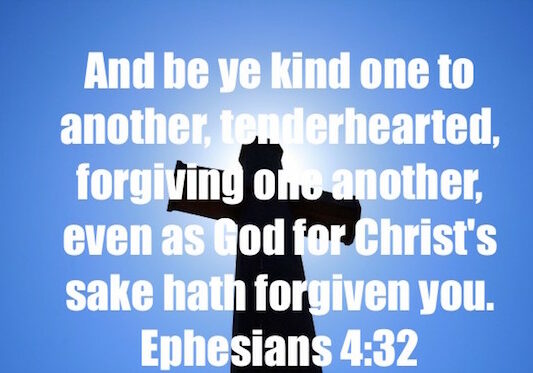Luke 15:11-31 is the only place that records the story of the Prodigal son.
There are three major players in this story: the younger son, the Father; and, the older brother. The younger son, full of talent and energy, is selfish instead of selfless. The Father, full of patience and longsuffering, is selfless instead of selfish. At the same time, the older son, faithful and hardworking, is selfish instead of selfless.
After squandering his inheritance, the younger son spends some time with the pigs.
When the younger son finally figured out he would be better off working for what remained of his Father’s estate, he started the journey home. Along the way, he concocted a speech in his mind, which he planned to give his Father upon arriving home.
Dad saw him first, and despite the filth and stench, ran and threw His arms around the son. The Father ignored His son’s carefully planned speech, meant to let Dad know the son was no longer worthy of being a son.
Here are three points I wish to communicate:
- The younger son was wrong when he said he was no longer worthy;
- The Father was right when He acted on the worthiness of His son; and,
- The older son was right by explaining why his brother didn’t deserve the treatment of a celebrity.
The difference between the Father and older son is their eyes.
We need to stop looking at ourselves and others through the eyes of humanity. When we do, we exhibit the same types of thoughts as the elder brother, which are humanly legitimate. But they are human thoughts, and we know God does not think like a human.
We must see through His eyes to further impact the church, the world, and those we love. Only then can we remove the critical, resentful, angry, and selfish thoughts. Instead, we can rejoice with heaven and recognize the worthiness of every sibling that Christ makes worthy. Including you. Including me. Thank you, Jesus!
You might also like these articles...
Dealing With Disappointment
Dealing with disappointment is an inevitable part of life. Whether it’s a prayer not answered in the way we hoped, a failed relationship, or an unfulfilled dream, we all experience moments of frustration and sorrow. As Christians, how we respond to disappointment can shape our faith and deepen our trust in God. Acknowledge Your Feelings…
Guilt & Shame
Guilt & Shame Guilt and shame have terrible effects on a person, both spiritually and physically. When someone carries guilt and shame around, unbeknownst to others, it usually affects every part of their life. In Psalm 38, we find David struggling with this after sinning (which one is unclear). You can feel the pain and guilt of his…
The Ministry Of Forgiveness
The ministry of forgiveness is an absolute essential in the experience of every successful marriage. Paul wrote in Ephesians 4:32, “And be ye kind one to another, even as God for Christ’s sake hath forgiven you.” When a man and woman live as intimately as a husband and wife live, there are going to be…




